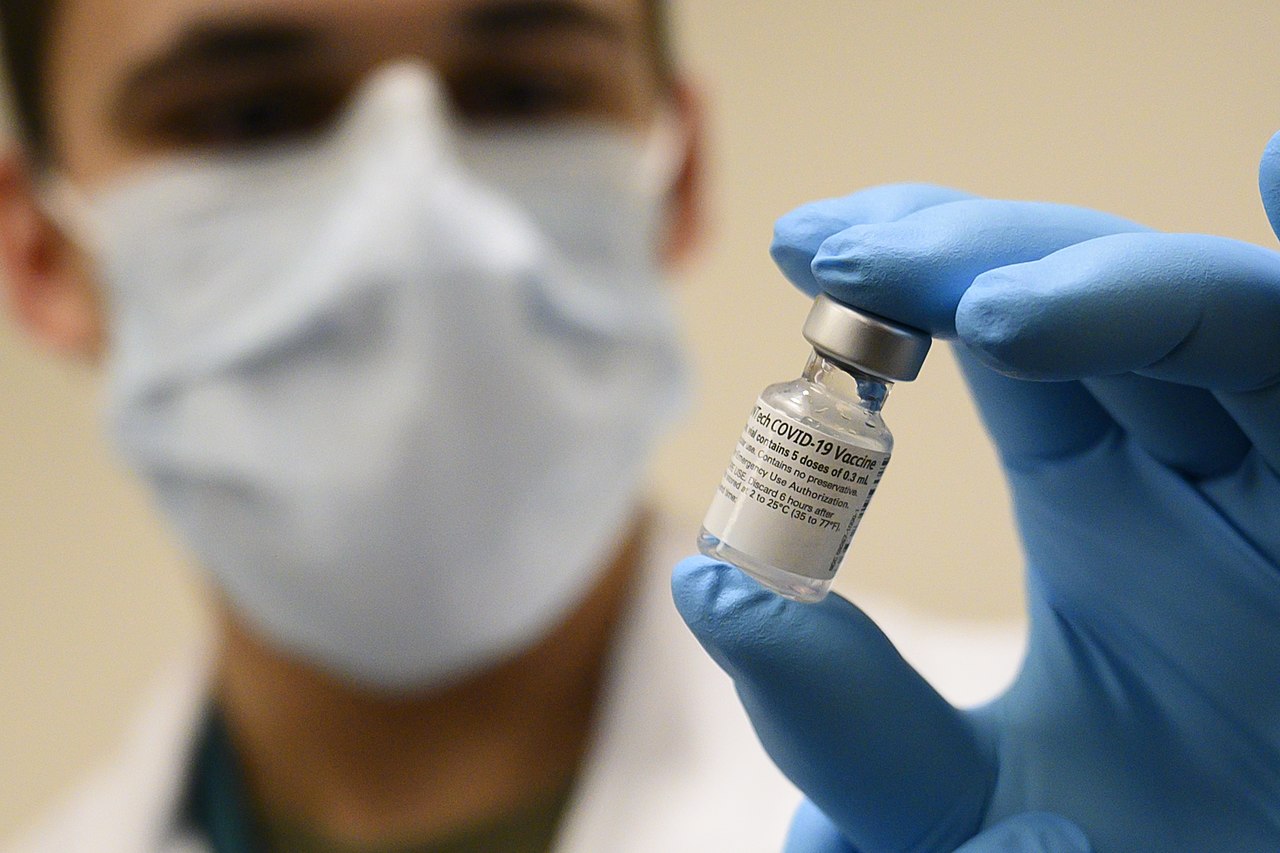
As the vaccine rollout ramps up across the country, some disturbing trends are emerging. Although they have been hardest hit by the COVID-19 virus, Black and Brown communities are being vaccinated at far slower rates than White Americans.
According to a recent analysis by CNN, five of the US’ largest cities are experiencing disproportionately low vaccination rates among racial groups hardest hit by the pandemic. These are due, in part, to a “first-come-first-serve” system put in place by most vaccine sites. According to Samantha Artiga, director of racial equity and health at the Kaiser Family Foundation, this creates an environment where vaccines are more likely to be distributed to those with internet access and a vehicle, as these make it easier to sign up for a vaccine.

New Orleans seems to be no exception. According to the Louisiana Department of Health, although both Black and White community members are receiving an initial dose of the vaccine at around the same rate (43.9 and 44.12 percent respectively) only 39.6 percent of Black residents have been fully vaccinated, compared to 48.85 percent of White residents.
“As we’re considering how to ensure equity in vaccinations, one key set of factors will be making sure all people can access vaccines regardless of their circumstances,” Artiga said.
In order to ensure equitable access, New Orleans has vaccine sites distributed throughout the city (you can find a vaccine close to you on the interactive map above). In addition, the city is using mobile vaccination units to ensure they can get to residents in their home neighborhoods. For the past several weeks, those units have been traveling to schools across the city to vaccinate teachers. In addition beginning March 4, RTA began providing free shuttle service to the city’s first mass vaccination site at the Ernest N. Morial Convention Center. The shuttle has pick-ups at Duncan Plaza, Algiers Park & Ride, or the New Orleans East Walmart.
But access isn’t the only issue. According to a study by the Pew Research Center, only 42 percent of Black Americans have said they would get the vaccine. Some of this lack of trust goes back to the Tuskegee Study, in which the U.S. government withheld diagnosis and treatment for syphilis in 600 Black males for 40 years while the disease ravaged their bodies and they were allowed to pass it to their wives and children.
“They’re telling us there’s a lack of trust,” said Pennington Executive Director John Kirwan. “A lot of it goes back to thinking around the Tuskegee Study. That comes up frequently.”
While the Tuskegee Study is the most commonly cited example, it’s far from a single event. Racial disparity in healthcare is well-documented, particularly in researching treatments and vaccines. This week, National Institutes of Health (NIH) Director Francis Collins issued a public apology for “structural racism in biomedical research” and promised to address it within the organization.
New Orleans has attempted to overcome that reluctance through its #SleevesUp campaign. Community leaders, New Orleans influencers, and others have participated in photo opportunities, podcasts, radio broadcasts, and video advertisements encouraging residents to get vaccinated. Last August, Xavier University President Reynold Verret got his vaccine as part of a clinical trial, in part to encourage Black community members to accept the shot when it was offered.
“My intention was leading by example,” Verret said. “I rolled up my sleeves, you can see the color of my skin, I took the shot, and I’m OK.”









